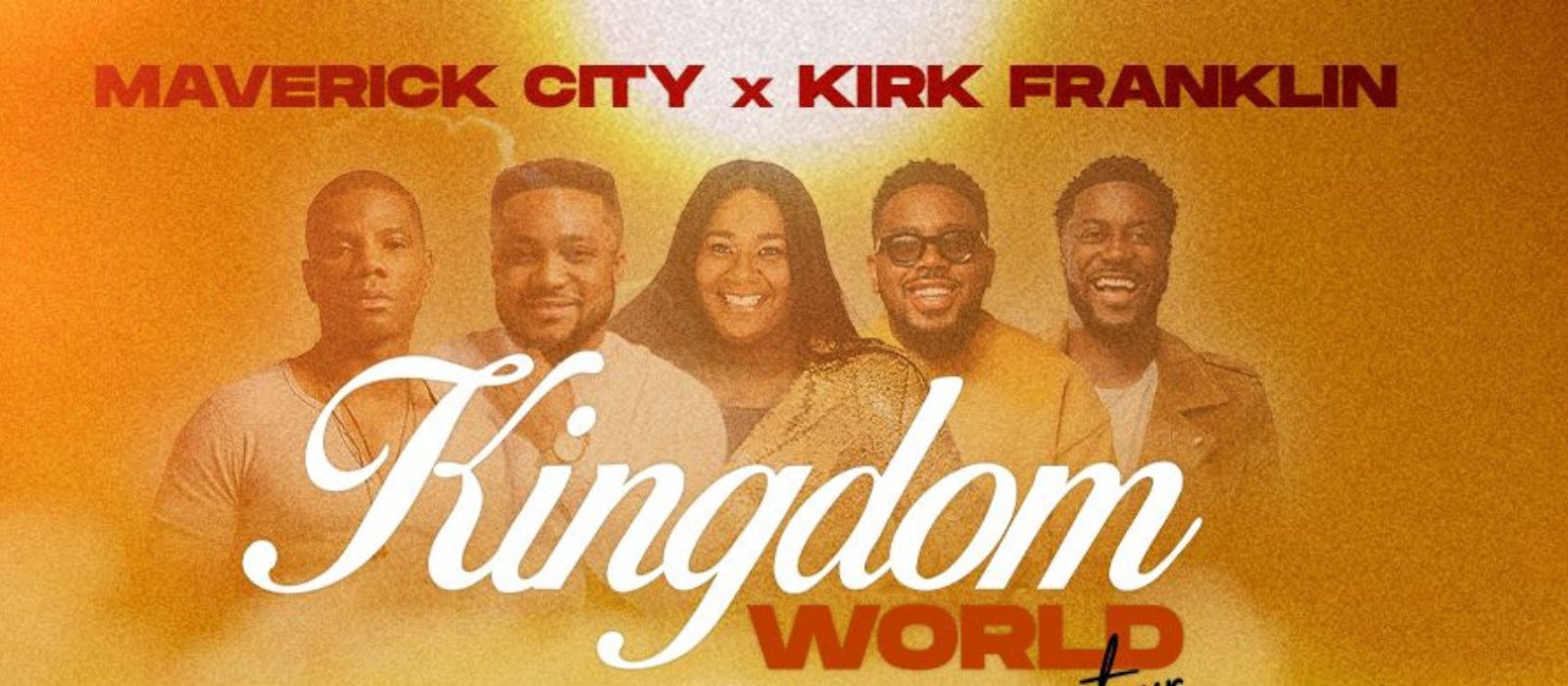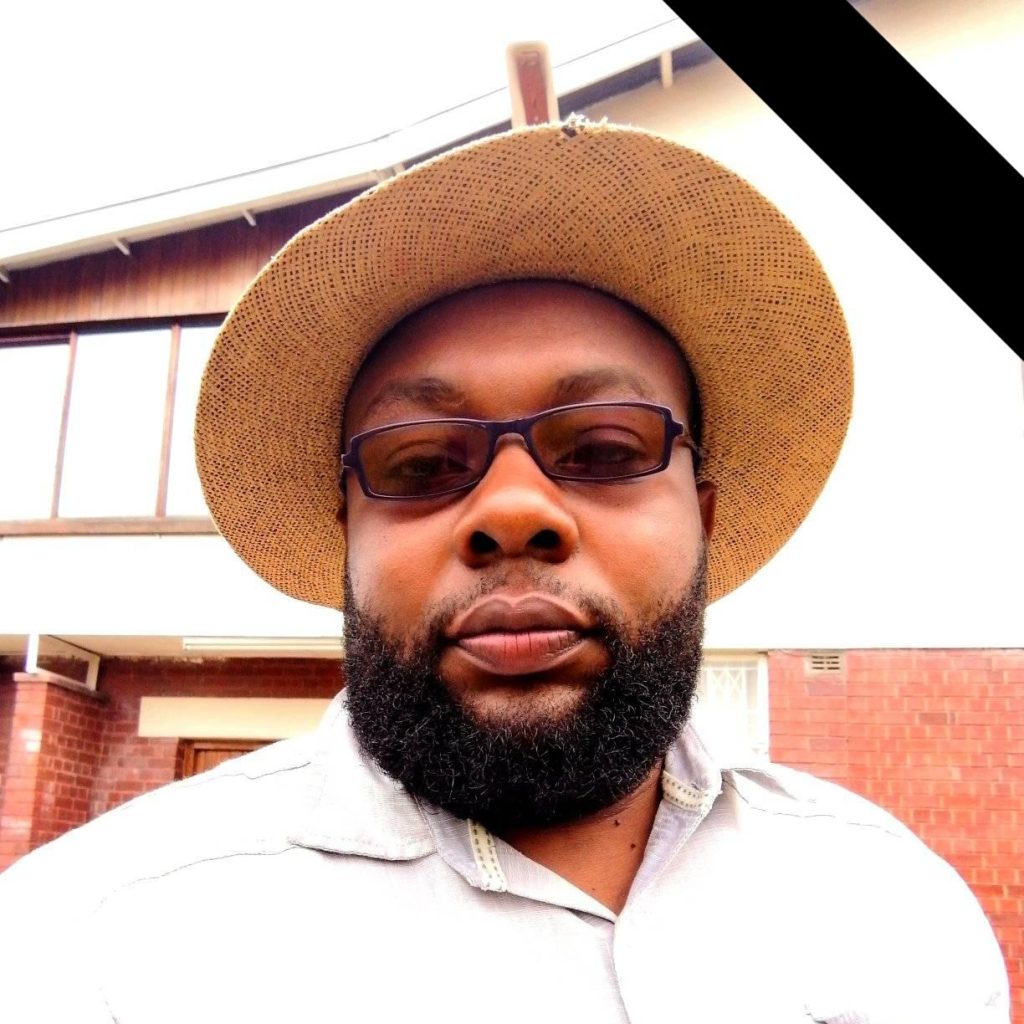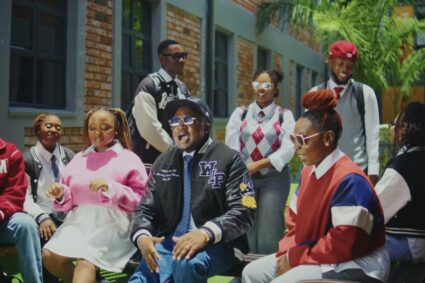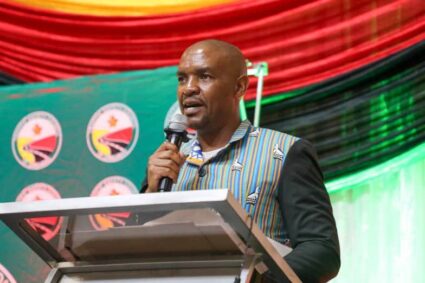
Opinion By Trevor Makonyonga: The year is 2020. Fellow journalist and one of Zimbabwe’s most underrated worshipers, Takudzwa Chihambakwe, posts on Facebook about a serious jam session by a little-known gospel band, Maverick City. The song is “Promises.”
A myriad of his friends, including me, are drawn to this post and immediately begin scavenging for their music. This is a time when anything by Travis Greene, Charles Jenkins, Todd Dulaney, or Tasha Cobbs would easily dominate serious gospel playlists.
Enter “Firm Foundation,” “Million Little Miracles,” “You Hold It All Together,” “Refiner,” and “Jireh” – massive game-changers. At that time, my alarm and ringtone were (and still are) all Maverick City songs. “Make it Right” with Jekalyn Carr and Todd Dulaney, as well as “Still Holy” with Ryan Ofei, were buzzing through the speakers like showers from heaven that would never stop. Chandler Moore, Brandon Lake, Joe L. Barnes, Naomi Raine, Maryanne J. George, Aaron Moses, and Dante Bowe became the epitome of worship sound. Their music was not seasonal but spoke to many situations. In my personal life, they even played a serious role in my physical relationships.
And then came Uncle Kirk!
In 2009, a good friend of mine, Rolland Lunga, gifted me Kirk Franklin’s “Hero” album to help me through my newly acquired Christian journey. I believe it was song number 12, “Without You,” that stood out the most and resonated deeply with where I was in that season. When Kirk Franklin came to perform in 2012 at the height of his “Hello Fear” album, songs like “I Smile,” “Give Me,” and “Hello Fear” spoke to attendees more than his “gyrating” moved the audience.
Kirk Franklin has been performing with Maverick City Music and producing hits like “Hold Tight,” “Kingdom,” and the remake of “My Life is in Your Hands.”
In recent times, both Kirk Franklin and Maverick City Music have topped the gospel music charts, attracting more scrutiny at the peak than at the foot of the mountain. Controversy has become the norm for Maverick City. First, Dante Bowe left the group after “questionable” content of him singing along to secular music surfaced. Then came the recent BET Awards controversy where Chandler Moore and Kirk Franklin performed with Will Smith!
The internet and Christian religious sects have lambasted the performance of “You Can Make It” as a “demonic” act, resulting in the Kingdom City Tour attracting massive backlash, cancellations, and “pullouts” from some artists who were slated to support the American artists. The question here is simple: is all this noise necessary?
Takesure Zamar Ncube pulled out first. Let us talk about gyrating for a second. In Zimbabwe, Ncube is one of the top gospel artists. His music is great, and like Kirk Franklin’s and Maverick City’s music, his art is transformative. Recently, he had a song with Baba Harare, the Zimbabwean king of gyrating. His dances and lyrics are sexually provocative. Fine, Baba Harare said he was going to focus solely on gospel music, but does that really erase the sexually charged lyrics he previously sang? Or maybe Zamar Ncube’s pullout is just blatant hypocrisy and a ploy to feed content to the ever-ready internet?
Then there’s Annatoria! Coming through The Voice setup and being an actual winner could be a great feat in any music artist’s journey. When on the show, contestants rarely sing gospel songs. Also, having one of the biggest secular hits in Zimbabwe, “Lola” with Ishan, could be a great score for her art. So, why pull out? Isn’t singing with Ishan, a secular artist, the same as performing with Will Smith?
Tembalami has one of the greatest hits in Zimbabwe – “Kushamura Newe!” Very secular and very popular.
Why not let God be the judge? Grab those tickets, worship, and spread the gospel in peace without all this drama. The devil thrives when the kingdom is divided. For many people, the Kingdom City Tour is just a symbol of their Christian journey. The artists involved have played different roles in the growth of those who will attend. The pullouts and cancellations could be unfair, potentially stemming from hypocrisy, or maybe some are justified by their theology? Who knows?



